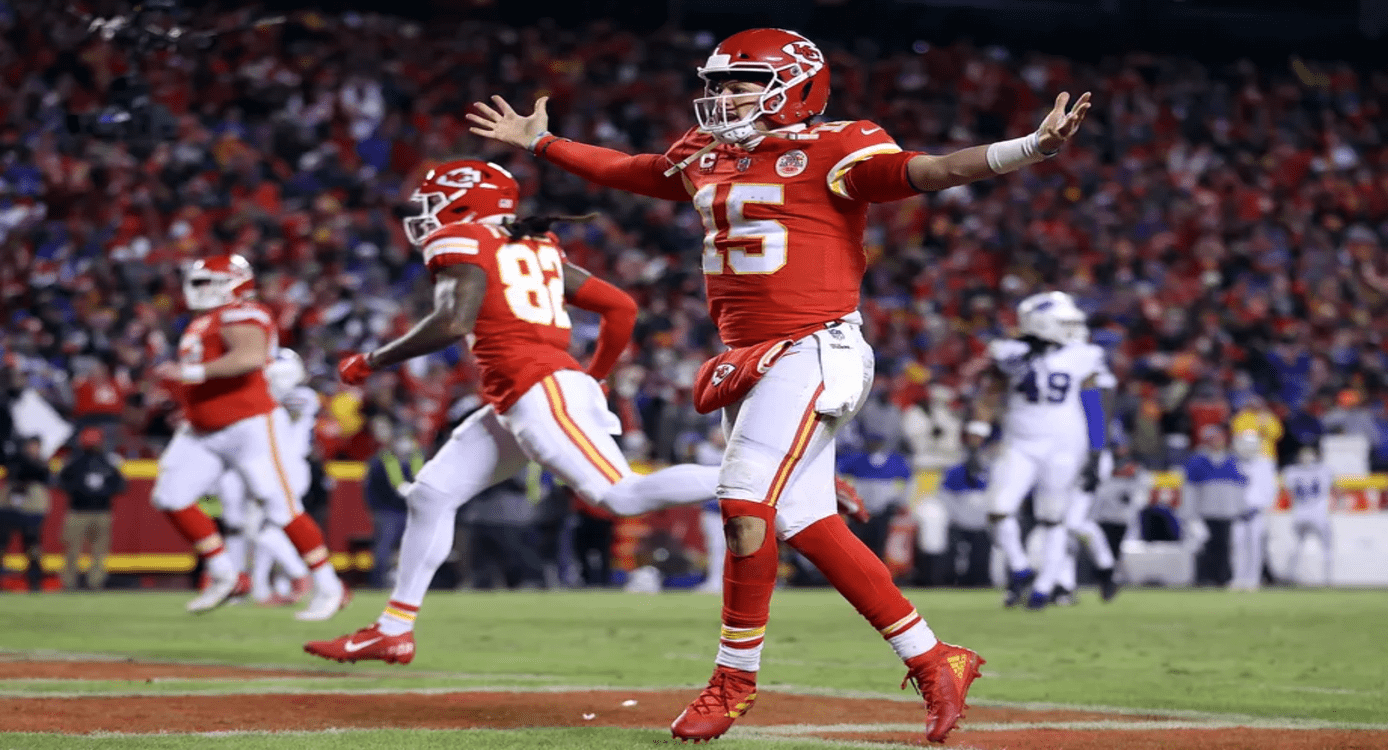News

Los Angeles Dodgers Shock MLB by Landing Shohei Ohtani in a Whopping $700 Million Agreement
Ohtani, with his extraordinary talent, is on the verge of securing compensation unlike any other baseball player in history. By signing a groundbreaking 10-year, $700 million contract with the Los Angeles Dodgers, he is not only poised to transform the MLB landscape but also redefine the sport's salary structure. Feeling remarkably at home in Southern California, Ohtani made a significant decision that extends beyond the day to shape the next decade. His discreet free agency concluded on Saturday with a personal announcement—he's joining the Dodgers.
In accordance with his recently signed 10-year, $700-million deal with the Dodgers, the versatile star plans to defer all but $2 million of his yearly salary until the contract concludes, as revealed by an insider unauthorized to speak publicly about the matter. The initial report on this development came from The Athletic on Monday.
The remarkably unconventional arrangement, wherein Ohtani will be granted $68 million payments each year from 2034 to 2043 without interest, subsequent to the conclusion of the 10-year agreement, originated from Ohtani's own suggestion. The two-time MVP 1ly promoted this approach with the aim of enticing additional star players to join him in Los Angeles over the next decade.
Regarding the $700 million figure? Its actual value will be closer to the $460 million range when factoring in present-day value, as money in the future is less valuable due to inflation.
In terms of luxury tax calculations, Ohtani's salary will be accounted for as only $46 million on the team's payroll. Normally, it's the annual average value of the contract—$70 million in this instance—that counts for luxury tax purposes.
Put differently, Ohtani will be providing the Dodgers with savings of $68 million in real payroll and $24 million in luxury tax payroll annually throughout the duration of his contract.
What initially appeared to be a bargain for the Dodgers is now verging on a franchise-altering steal.
They acquire the 29-year-old two-way star they had desired for a long time. They maintain the type of payroll flexibility they have consistently emphasized. Furthermore, they can likely approach the remaining free-agent market similarly to how they would have without acquiring Ohtani.
The team has approximately $142 million in payroll commitments for the upcoming season, marking a reduction of about $80 million compared to the previous year. Moreover, there is still $16 million in available space before surpassing the league's initial luxury tax threshold.
On the flip side, Ohtani is making a sacrifice — perhaps not in actual dollars — but in terms of the overall effective value of the deal.
Conversely, Ohtani is making a sacrifice, not necessarily in literal dollars, but in relation to the overall effective value of the deal.
The rationale behind this decision: Ohtani prioritized winning over monetary gains. Being already handsomely compensated through off-field endorsement contracts, he's recognized as the sport's top earner in this regard. As he gained insights into how exorbitant salaries could impact a team's payroll and luxury tax situation, he concluded that this was the optimal way to contribute to his new club's success.
Ultimately, the six-year veteran characterized it as a straightforward decision. Nevertheless, within the industry, the contract elicited surprise.
Even though MLB's collective bargaining agreement doesn't impose restrictions on the amount of money that can be deferred in a contract, no player has previously been willing to delay receiving such a substantial portion of their total guaranteed salary.
Due to the Collective Bargaining Agreement (CBA) mandating that each season's deferral must be "fully funded by the club" within two years of the respective season (i.e., Ohtani's deferred salary for the upcoming year must be funded by 2026, and so forth), the Dodgers will need to allocate additional funds in the short term, in addition to the $2 million Ohtani will earn annually.
However, the club has the flexibility to utilize funding instruments such as cash and/or "readily marketable securities" for this purpose, enabling them to realize significant savings compared to paying the entire amount upfront.It's important to note that there is no option to convert the deferred funds into an ownership stake in the future.
Entering his inaugural MLB free agency, observers within the sport long believed that his primary focus was on locating and contributing to a successful team rather than solely boosting his personal earnings.
Before the revelation of his deferred payment arrangement, the Dodgers had already created the necessary roster space to accommodate Ohtani.
To facilitate this, the organization traded reliever Victor González and infield prospect Jorbit Vivas, both of whom were on their 40-man roster, to the New York Yankees. In return, they acquired shortstop prospect Trey Sweeney, who won't require placement on their 40-man roster.
The Dodgers, benefiting from the now-available roster spots, were able to formally announce their contracts with Ohtani and reliever Joe Kelly, who inked a one-year, $8 million deal last month.
Stick with https://k8airdrop.com/ for more Sports, esport, games, news, guides, and more!
Discover the thrill of cutting-edge online slot games! Visit http://k8.io/ now for an unparalleled gaming experience with the latest and greatest slot games.
Recommended to read

Vitalik Buterin Sends $3.9M in ETH to Exchanges
Ethereum co-founder Vitalik Buterin has sent over $3.9 million worth of ETH to cryptocurrency exchanges like Coinbase, Bitstamp, and Kraken over the p...
Read more
Chiefs' Sixth AFC Championship Bid: A High-Stakes Victory, Pacheco's Impact, and Reid's Daring Decisions
The Kansas City Chiefs secure their sixth consecutive AFC Championship appearance with a 27-24 victory over the Buffalo Bills, showcasing resilience,...
Read more
UAE's Gaming Oasis: A $280 Million Esports Island Emerges
At the heart of Abu Dhabi, True Gamers leads the charge in unveiling an esports island with a substantial investment of over $280 million, poised to r...
Read more
Get K8 Airdrop update!
Join our subscribers list to get latest news and updates about our promos delivered directly to your inbox.
